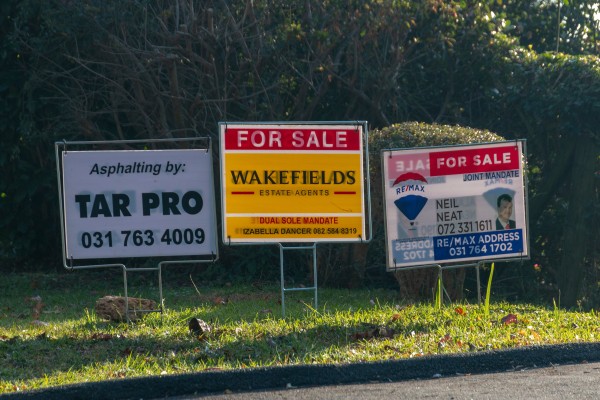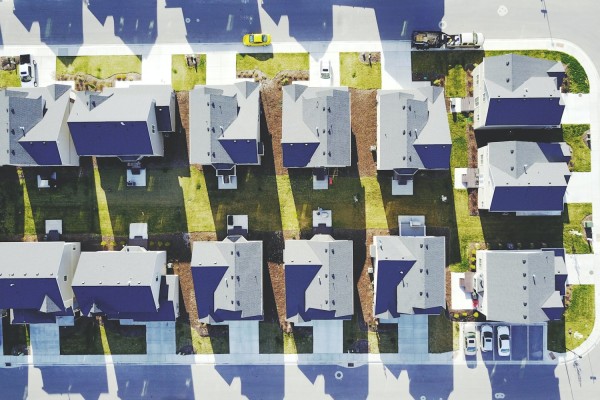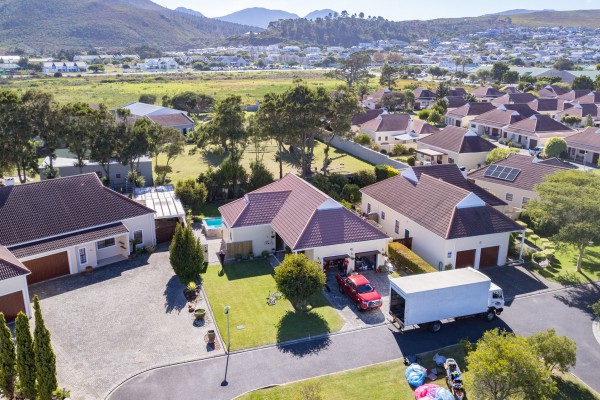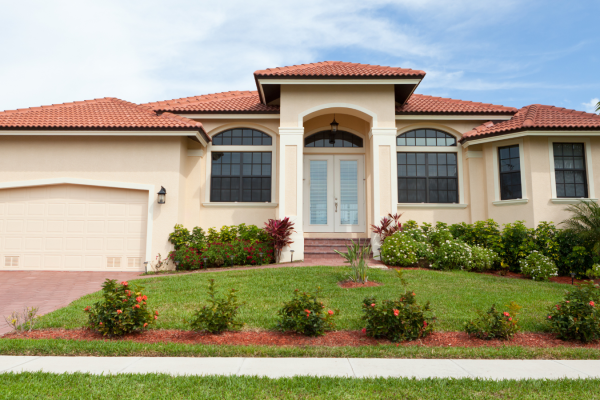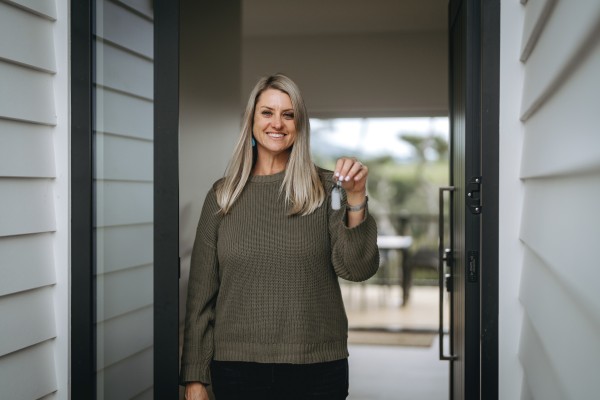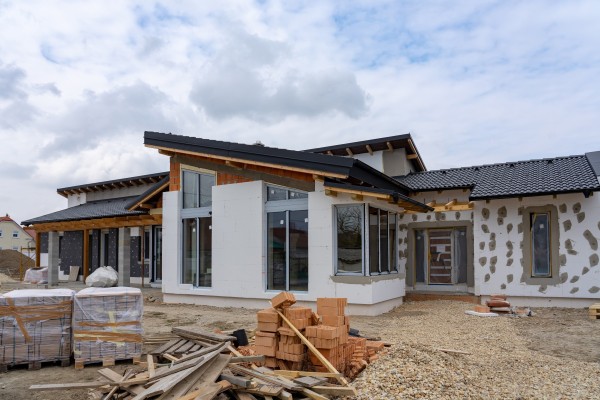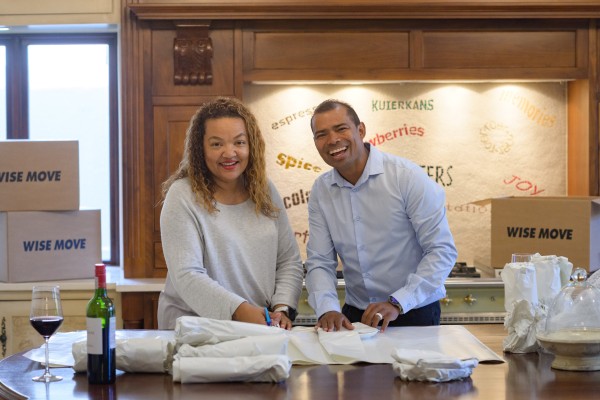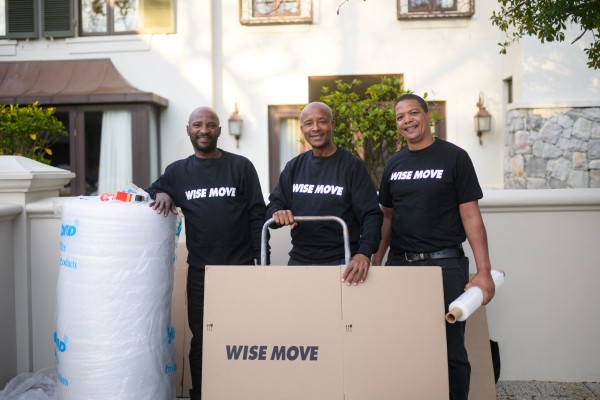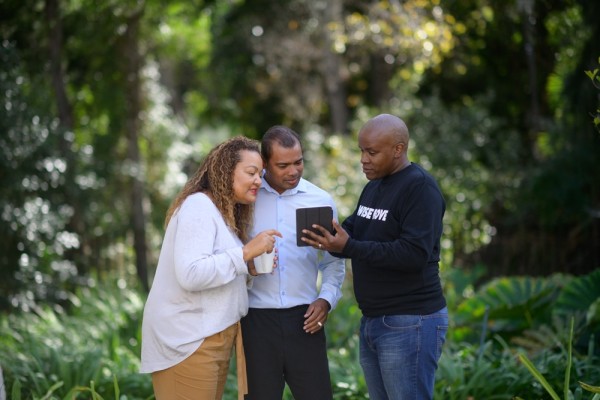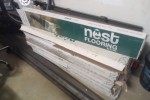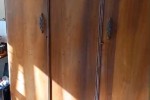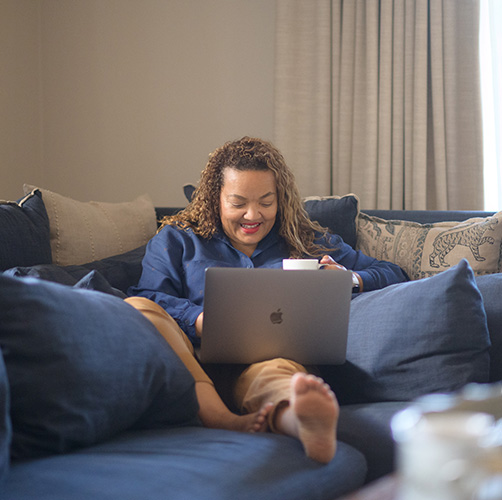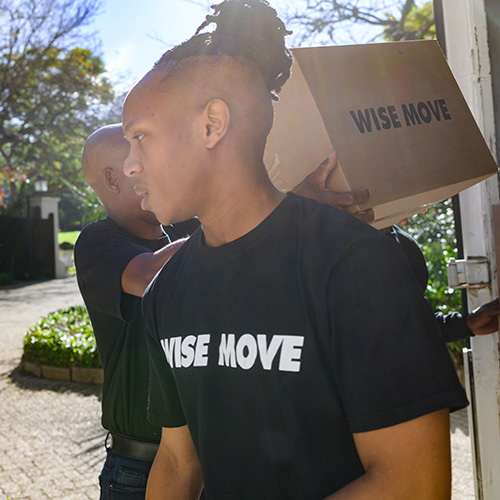The Role of Home Inspections in Buying Real Estate | Ensuring Your Investment Is Sound


While dotting the i's and crossing the t's is a crucial part of the purchasing process, you want to make sure you don’t miss anything important– like a professional home inspection that’s often skipped to save costs, or worse, not recommended to ensure the sale goes through.
In the long run, not having a professional home inspection done could have serious implications, as inspections often uncover hidden issues that could require costly repairs down the line. More importantly, these issues can significantly impact the property’s value and even your living conditions.
Read on to find out more about the home inspection stage of buying a property, and how to protect your investment.
How common are home inspections?
According to leading local home inspection companies, most homebuyers in South Africa don't bother with home inspections.
These individuals are usually tempted to save on the home inspection fee, particularly those who are financially stretched. This is unlike our overseas counterparts like the UK and US, where roughly 80% of house sales are made only after a rigorous home inspection.
Home inspections aren't very common in South Africa, but in the UK and US, roughly 80% of all house sales go through with a professional home inspection made.
Skipping a professional home inspection can often come back to bite buyers who subsequently discover problems with the property after moving in - by which stage it is often too late to sort things out.
Home inspection reports
A home inspection should not be confused with a property valuation that is carried out by an estate agent or bank valuer. Instead, a home inspection report details the condition of all the various components of the property.
The report should document any significant defects or safety concerns at the property, and include an examination of things like the roof and roof cavity, walls, doors, and windows to systems like plumbing and electrics.
Certificates of compliance
The first compulsory set of home inspections occurs after an Offer To Purchase (OTP) has been signed. The seller then needs to acquire the necessary certificates of compliance (CoC) confirming that electrical, gas, plumbing and other installations in the property meet the minimum standard for safety.
Before a buyer finalises a home loan, banks will want to check these CoCs, and will usually request them from the transferring attorney. However, it is important to remember that these certificates only cover the minimum safety requirements. They do not extend to all potential defects.
This is why homebuyers may want to arrange an additional, professional home inspection to verify what the seller has declared in the disclosure form.
Disclosure forms
Completing and signing a disclosure form that lists all identified defects in a property after a reasonable inspection is now a legal requirement under the recently enacted Property Practitioners Act (PPA).
This legislation offers significant protection for buyers by making the disclosure of property defects a binding obligation.
While sellers technically need to disclose any defects up-front, the voetstoots clause remains in the OTP. This clause means the buyer accepts the property 'as is', unless they can prove that the seller has intentionally concealed a defect.
Where do I find the right home inspector?

There are several home inspection service providers in South Africa, but whichever inspector you settle on, it is important to ensure that they are a certified property assessment practitioner who fully understands SANS 10400.
SANS 10400 is a series of regulations that sets the standards for building construction across South Africa, ensuring structural integrity.
You also want to make sure that they have good reviews and a referral will never go amiss.
What exactly happens during a home inspection?
A property inspection can take anything from a few hours to a whole day, depending on the size of the property. The home inspector needs to thoroughly evaluate all potential problem areas.
Areas inspected will include the property's overall structural condition, the roof, drainage around the house, and any water leaks.
Inspectors will also check walls, windows, and all doors for damage or leaks. Outside components under inspection could include the drainage pool, garden walkways, steps, stairs and patios.
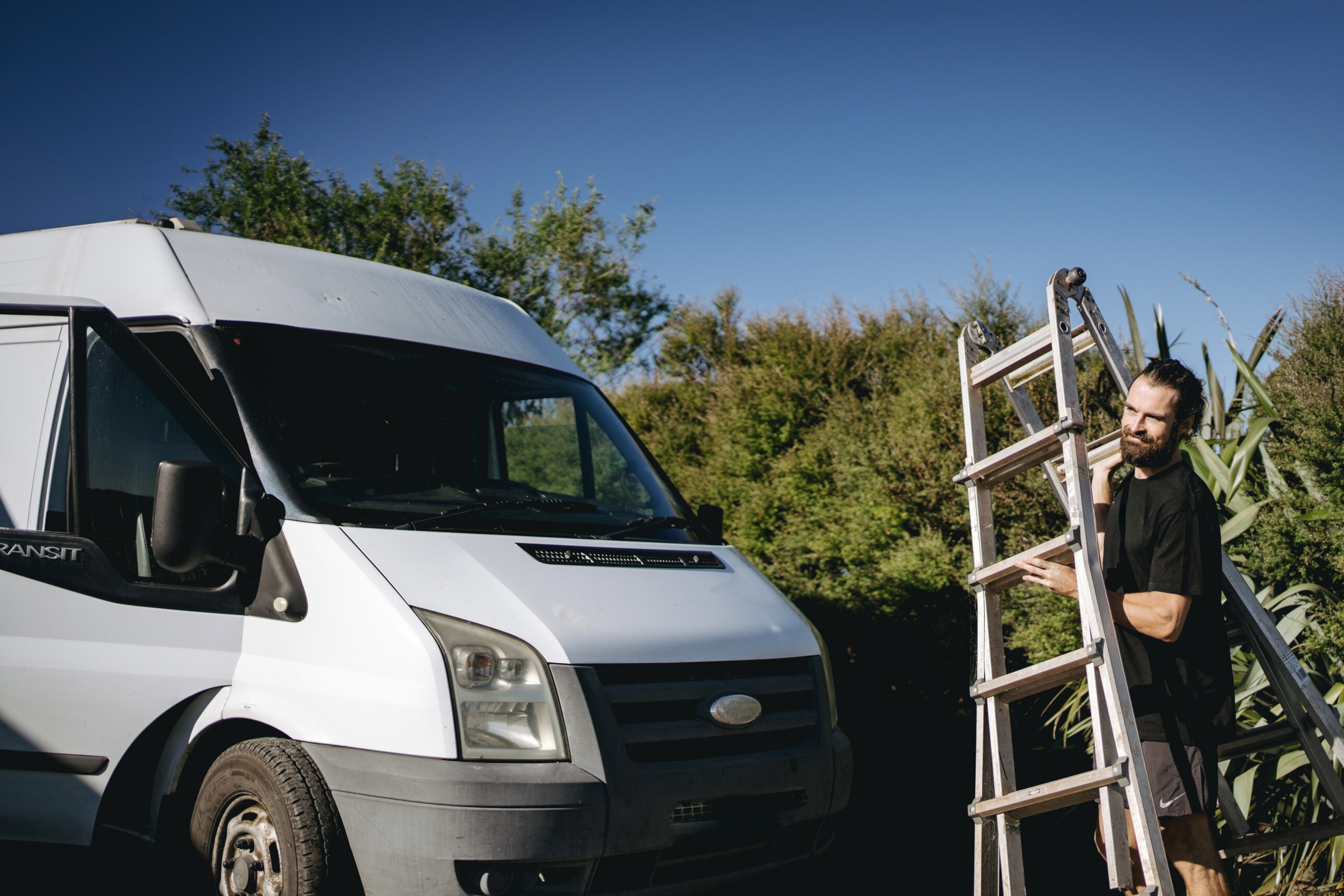
Who pays for the home inspection?
When a buyer requests an additional home inspection, a suspensive condition can be included in the OTP if the seller agrees. The cost for the home inspection is usually then at the buyer’s expense. The seller must decide whether to permit the inspection or risk losing out on the deal.
If the home inspection uncovers additional defects, this opens up negotiations between the buyer and the seller regarding who will cover the repair costs. If either party is dissatisfied with the outcome, the OTP can become null and void and the sale won’t go ahead.
Types of Inspection Reports and Fees
The cost of a home inspection is determined by the type of inspection commissioned. A typical three-bedroom, two-bathroom home will cost about R4 200 for a comprehensive report.
Some home inspection companies offer a Vital Inspection Report for more budget-conscious buyers. This inspection focuses on critical areas of a property where there may be defects. It does not report on cosmetic and minor defects.
These ‘vital areas of concern’ are those issues which are likely to cause major damage later on/ pose a safety risk in the near future. These could be structural cracks or measured active damp, roof leaks, or illegal or unsafe geyser, glazing, electrical and gas installations.
For property developers and individuals building their own homes, Snag Reports are a popular option. A snag list allows new homeowners to document and report defects in a newly built property to the developer for repairs.
Developers meanwhile may require that these snag lists be completed before a buyer moves furniture into the property. This is to protect the developer from having to repair snags that were in fact caused by movers, for example, bumping furniture against the walls or damaging the carpets.
The cost of a home inspection is determined by the type of inspection commissioned. A typical three-bedroom, two-bathroom home will cost about R4 200 for a comprehensive report. Not bad considering the potential cost of a new roof.
Ready to buy? Don't compromise your investment
Conducting a professional home inspection is a valuable step in the home-buying process. It may be tempting to skip this added expense during the initial financial outlay, but doing so could result in further costs and bigger money burdens down the line. Make sure you have a certified practitioner in your corner who's checked every nook and cranny and get the type of report that has all your bases covered.
What do our customers say?
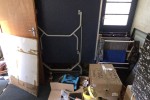
What’s happening?
Please notify us of any violations. This information will be kept confidential and shared only with Wise Move.
- It’s inaccurate or incorrect
- If you find it offensive
- It’s something else



